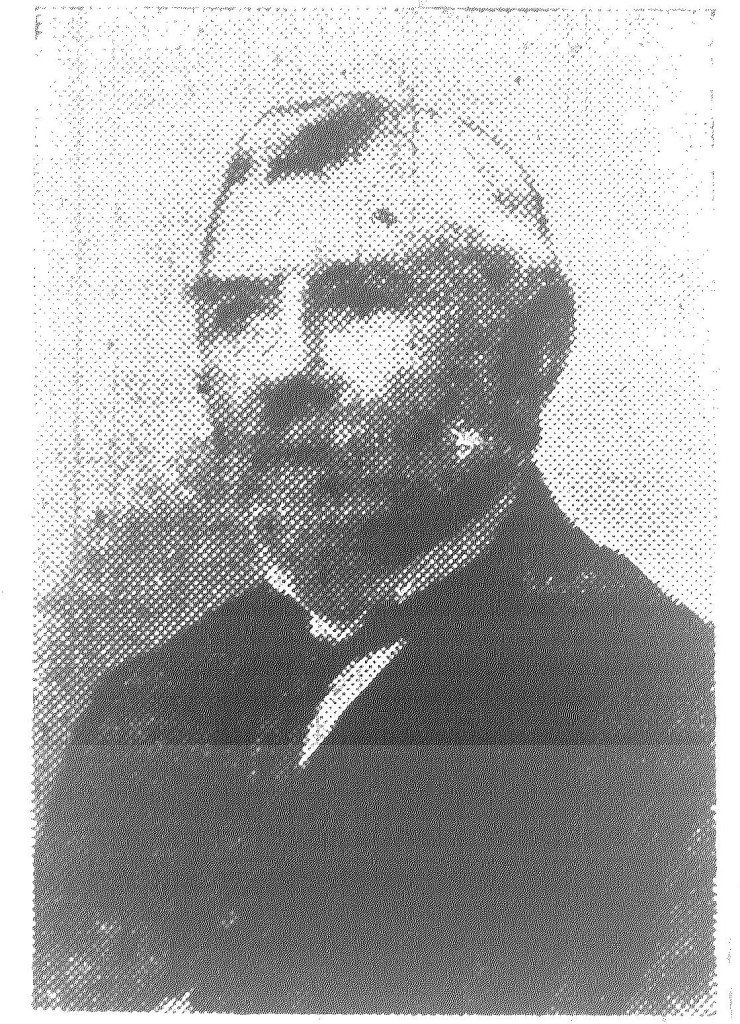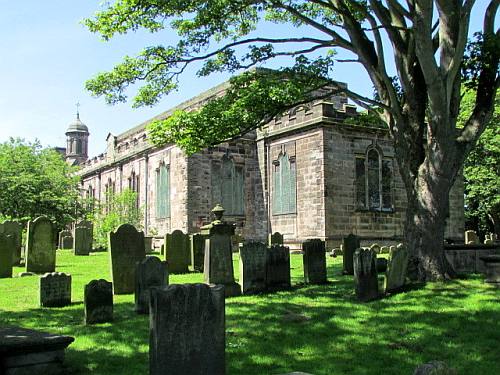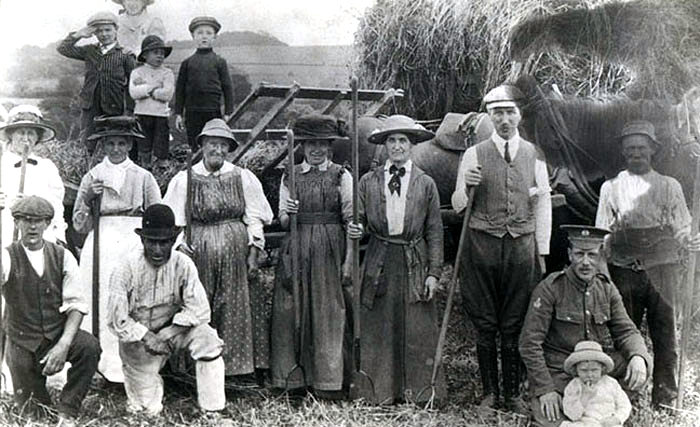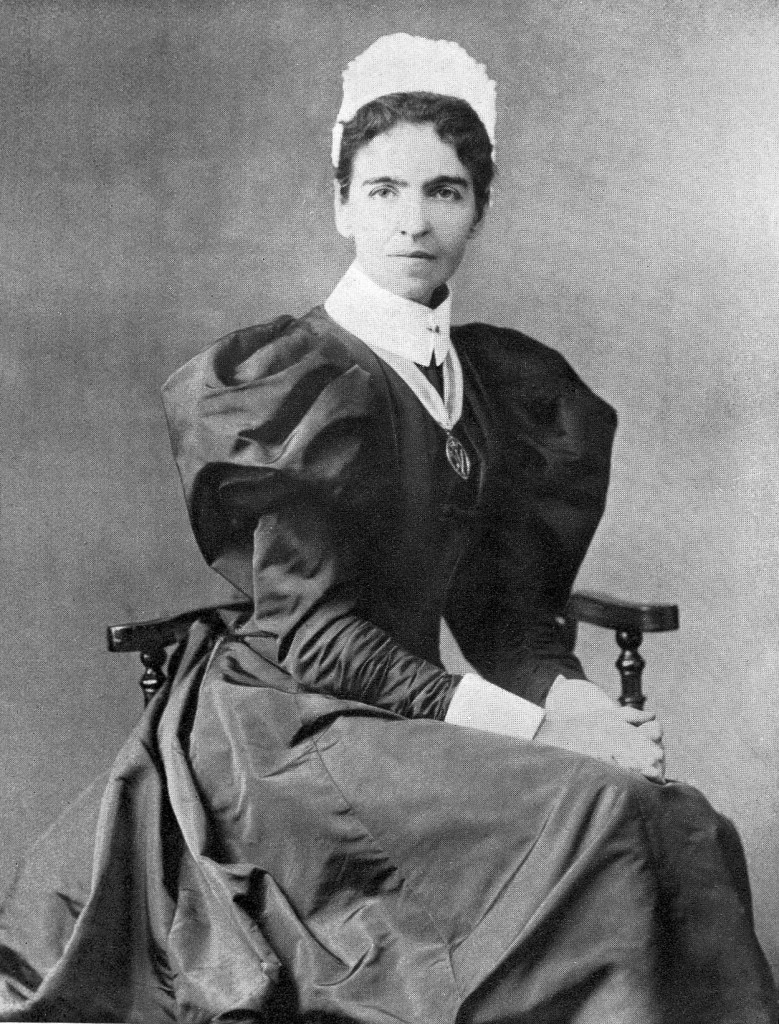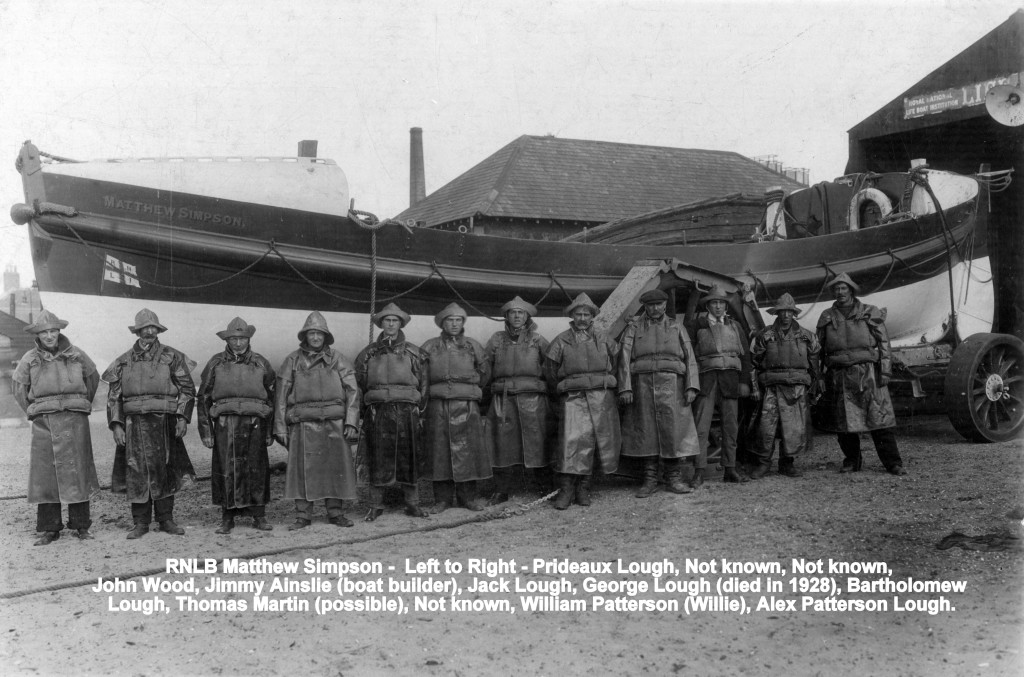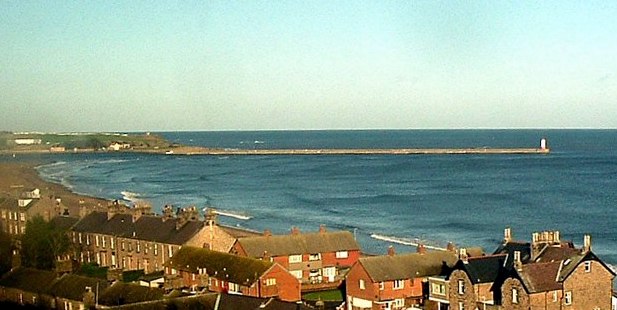BERWICK ADVERTISER, 24 MARCH 1916
ROLL OF HONOUR
“Advertiser” Men Serving Their King and Country
Private JOHN STRAFFEN, London Regiment.
Corporal HECTOR JACKSON, Royal Scots.
Sapper JOHN R NOBLE, Royal Engineers.
Private JOHN BROGAN, Northern Cyclists.
Corporal ROBERT M. LEYDEN, 7th N.F.
Sergeant CHAS. N. NOBLE, 7th N.F.
Private JOHN M. JOHNSTON, R.A.M.C.
Private GEORGE RUTHERFORD, 7th N.F.
Private JOHN M.BURTON, Motor Transport.
Lance-Corporal EDWARD F. S. HARVEY, 7th N.F.
Captain HENRY R. SMAIL, 7th N.F.
Enlisted under Group System:-
KERR MIDDLEMISS, ROBERT M. BRUCE
Rejected:-
JAMES M. ROBERTS, JAMES M. FRIAR.
On Munition Work – THOMAS KENNEDY.
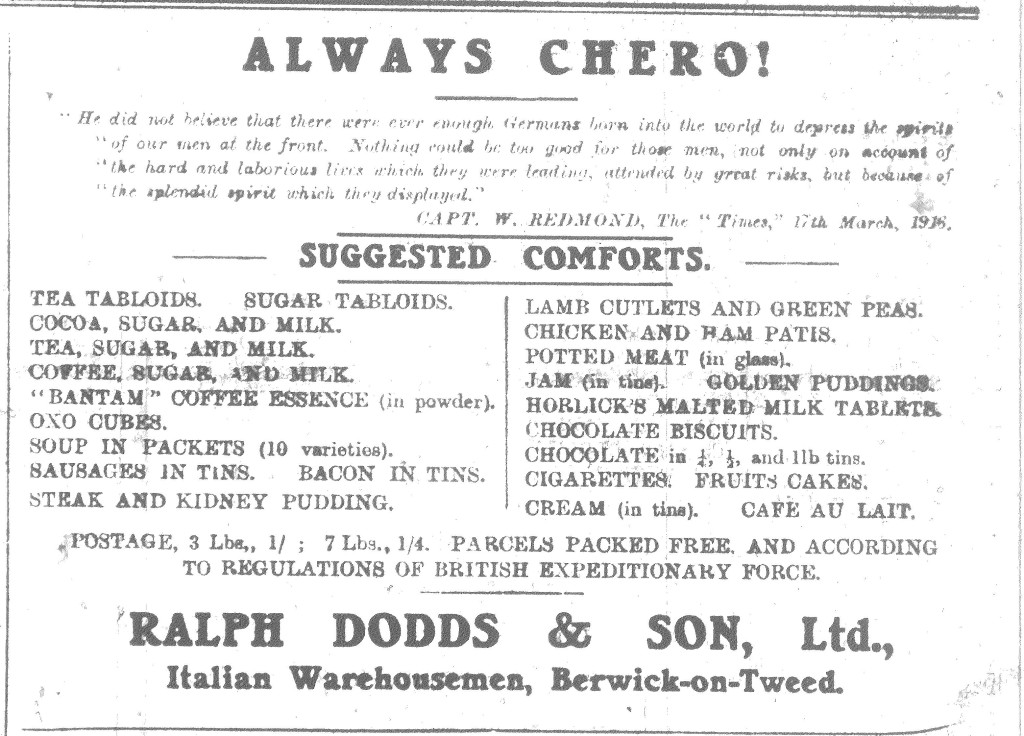
DEATH OF EX-SUPERINTENDENT
JOHN GARDEN, BERWICK
It is with deep feelings of regret that we record the death of Ex-superintendent John Garden, Berwick, the sad event having taken place at his house in Scots Place, in the early part of Monday afternoon. For some considerable time the deceased gentleman has been far from his usual health, and a more acute stage having been reached within the past few weeks, he became slowly weaker, and passed peacefully away. Mr Garden was a prominent figure at one time in the town, his duties of Chief Constable keeping him more or less in the public eye. In later years, after retiring from this office, he devoted much of his leisure to the services of the community, by giving of his best to the deliberations and exacting Committee Work of the Board of Guardians. The office of Chief Constable is one not altogether calculated to make a man at all popular, but in the person of the late gentleman there was one who could, be charitable in his views upon men, merciful when such might perchance help an erring brother, and stern when following up a clue to the detection of serious crime. These traits of character won for him the respect and esteem of all, and he retired from his official position, it may be truly said, without an enemy in the town or district, and accepted as a trusted friend by all classes. The sympathy of all goes out to the family in this their sore bereavement.
BELFORD
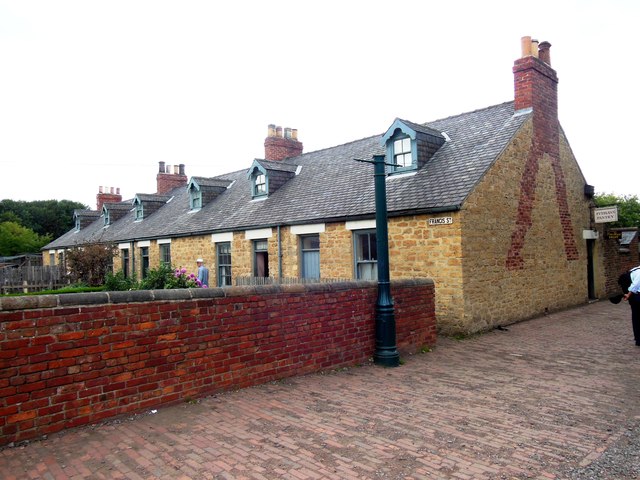
Golden Wedding. – Mr and Mrs Robert Donaldson, of the Miners’ Homes, Broomhill, celebrated their golden wedding on Monday last. The worthy old couple were married at Belford on the 13th March, 1866. The husband belonged to North Sunderland, and his wife, then Isabella Younger, to Shawdon Woodhouse. Mr Donaldson was afterwards employed as a miner till about twenty years ago, when his health failed, and he and his wife became residents of the Miners’ Homes at Broomhill. They had a family of ten children, five sons and five daughters, of whom four sons and four daughters are living. The old people were warmly congratulated upon the attainment of their golden wedding, and a nice little present will be made to them in honour of the event. Mr and Mrs Donaldson have 22 grandchildren and 4 great grandchildren. Two of his sons are serving with the colours, and the others reside at Radcliffe and Amble respectively. There are surviving four generations on the female side, and three generations on the male side.
LOCAL NEWS
After 30 Years’ Service – The death occurred at his house, 4 Deputy Row, Scremerston, on Tuesday, of Mr Henry Patterson, colliery weigh-man, for thirty years in the employ of the Scremerston Coal Company. Mr Patterson has been in failing health for some time, and although death came rather suddenly in the end the melancholy event was not unlooked for.
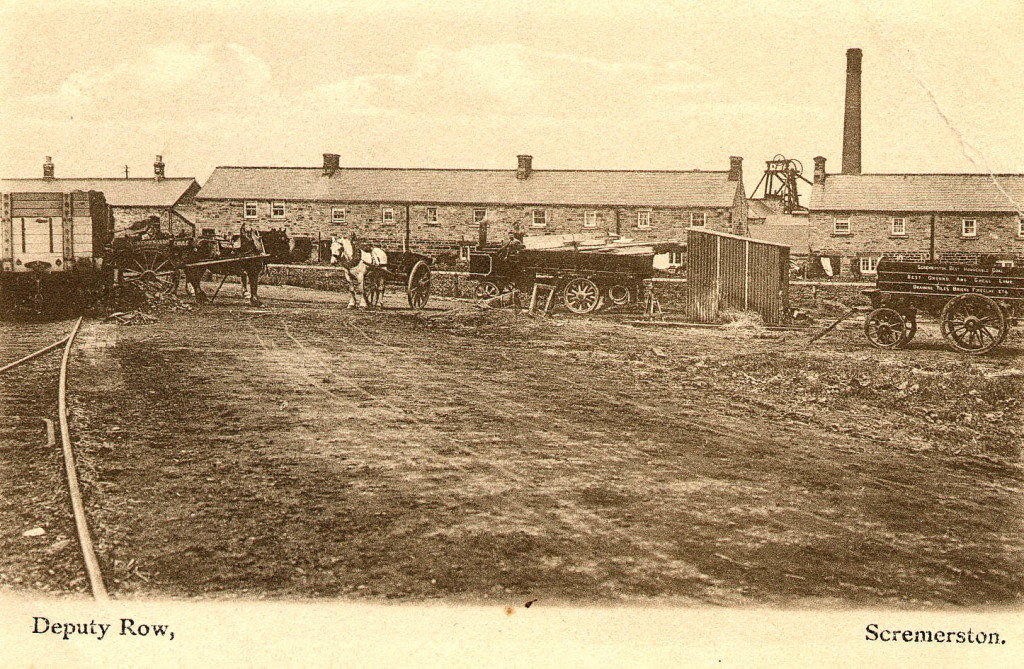
The deceased was at one time a prominent member of Berwick Parish Church Choir, and since going to reside at Scremerson, he has been actively associated with the church there, being a sidesman and later being appointed peoples warden. He was associated with the old volunteer movement in the Borough, and was also a member of the now defunct Tweedside Rowing Club. He was also a member of the local lodge of Oddfellows.


